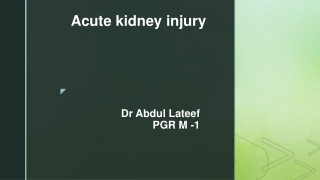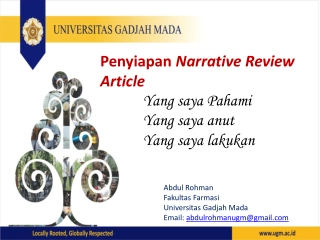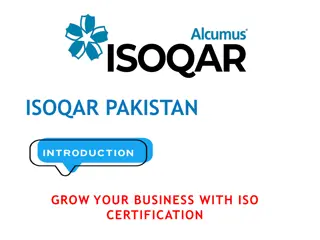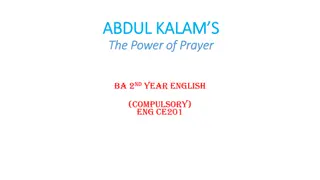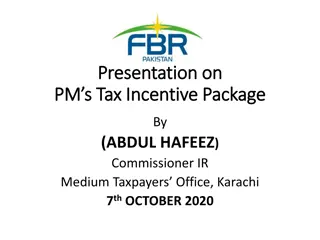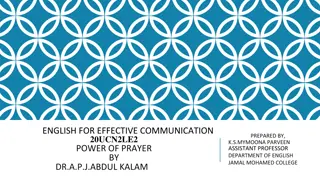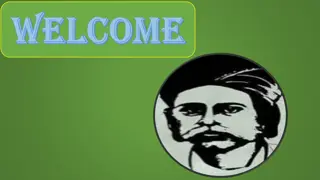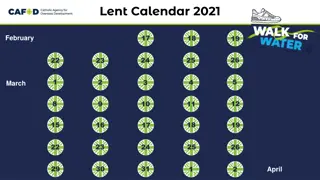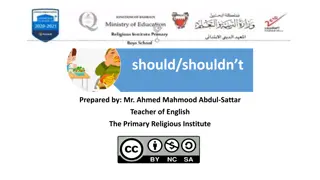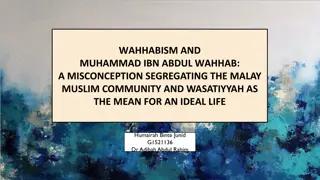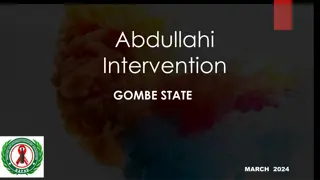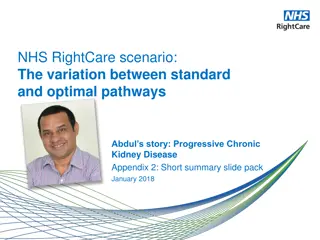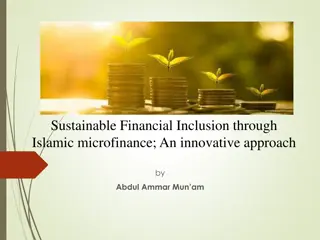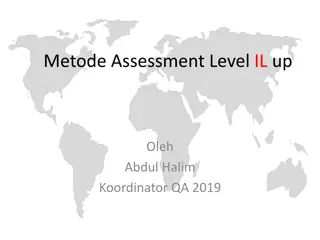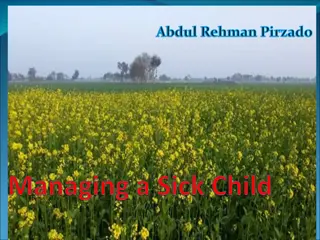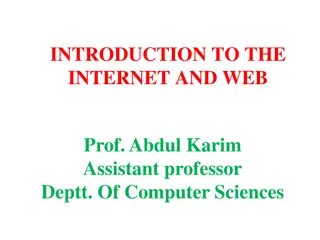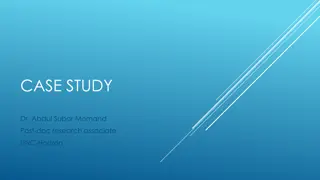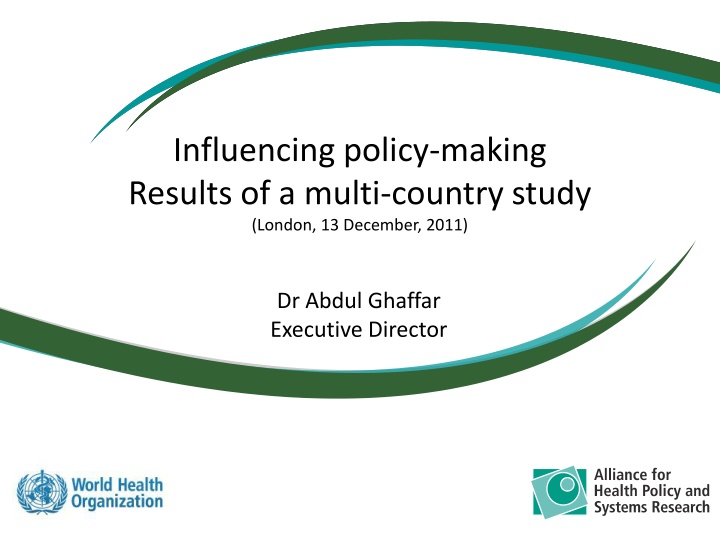
Influencing Policy Making Through Evidence-Based Strategies
Explore the impact of a multi-country study led by Dr. Abdul Ghaffar on influencing policy making through evidence synthesis, capacity building, and stakeholder engagement. The study successfully generated and disseminated evidence, created policy-research links, and enhanced demand for evidence in priority programs. Notable achievements include the development of policy briefs, establishment of knowledge translation platforms, and training of decision-makers. The study's impact on policy making in Nigeria, Cameroon, and Zambia is evident through concrete policy changes and initiatives.
Download Presentation

Please find below an Image/Link to download the presentation.
The content on the website is provided AS IS for your information and personal use only. It may not be sold, licensed, or shared on other websites without obtaining consent from the author. If you encounter any issues during the download, it is possible that the publisher has removed the file from their server.
You are allowed to download the files provided on this website for personal or commercial use, subject to the condition that they are used lawfully. All files are the property of their respective owners.
The content on the website is provided AS IS for your information and personal use only. It may not be sold, licensed, or shared on other websites without obtaining consent from the author.
E N D
Presentation Transcript
Influencing policy-making Results of a multi-country study (London, 13 December, 2011) Dr Abdul Ghaffar Executive Director
Project Description Alliance issued a call for proposal in 2008 to strengthen evidence to policy links in LMICs, with the following objectives: (a) To build capacity of researchers to synthesize evidence and package it in policy friendly manner; (b) To establish/strengthen structures and mechanisms to link researchers & policy makers to promote uptake of evidence; and (c) To use this experience to add to knowledge base about which strategies worked. Six country teams supported for 2 years Dr Abdul Ghaffar, 13 Dec 2011
Approach Building capacities of researchers & research users in acquiring, assessing and packaging information Producing policy briefs on priority topics Disseminating evidence to policy makers and stakeholders through policy dialogues Creating/strengthening Knowledge translation platforms linking evidence to policy Evaluating the project using questionnaires and key informant interviews Dr Abdul Ghaffar, 13 Dec 2011
Key achievements Generation/dissemination of evidence 27 Policy briefs prepared and circulated among policy makers & stakeholders Websites created providing access to evidence Operational manual prepared for strengthening institutional capacity to employ evidence Policy-research links created Increased engagement of policy makers and researchers through policy dialogues Increase in demand for evidence from policy makers Committee within MoH created in Ebonyi, Nigeria linking 7 Directors of health with researchers Capacity building About 250 decision-makers are trained in using evidence for policy making Dr Abdul Ghaffar, 13 Dec 2011
Impact on policy making In Nigeria, evidence in policy briefs contributed to State Strategic Health Plan 2010-2015 Launching State Helminthic Control programme for school children In Cameroon, policy briefs on malaria and insurance influenced national policy making In Zambia, based on policy briefs the government is preparing implementation plan on retention of human resource and on preventing post-partum haemorrhage Increased demand of evidence from MoH on its priority programmes Dr Abdul Ghaffar, 13 Dec 2011
Key lessons learnt Factors to consider Institutional factors Teams with strong institutional base performed better Links between academic and policy institutions had a positive influence Factors influencing uptake Acceptability of the institution within power circles Prior experience of engagement with policy makers Having a potential role in policy making Focusing on priorities of the policy makers Policy environment Willingness of the MoH to participate Strong political support Dr Abdul Ghaffar, 13 Dec 2011
Key lessons learnt Challenges Frequent staff turn-over Weak organizational capacities for evidence informed policy making Lack of organizational culture to use evidence Sustainable structures and mechanising Dr Abdul Ghaffar, 13 Dec 2011
Outputs Dr Abdul Ghaffar, 13 Dec 2011
The M&E framework Source: Cheung A, Lavis JN et al. Climate for evidence-informed health systems: A print media analysis in 44 low- and middle-income countries that host knowledge translation platforms. Health Res Pol Syst 2011;9:7.Dr Abdul Ghaffar, 13 Dec 2011
Thank You ! ghaffara@who.int

